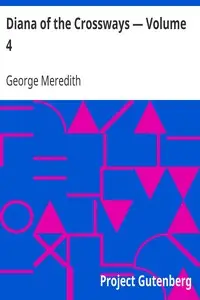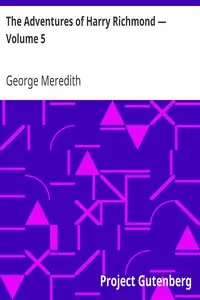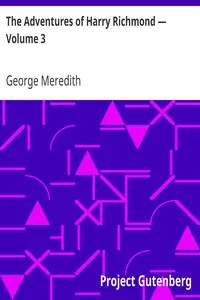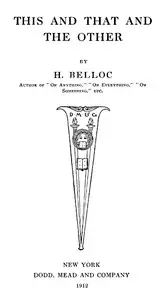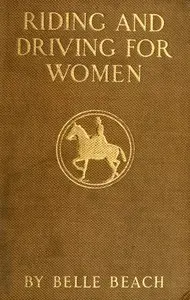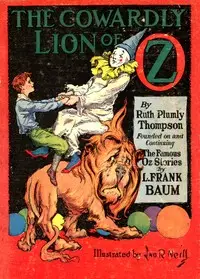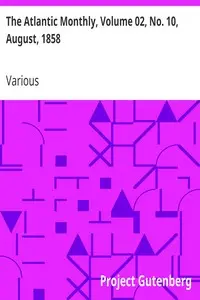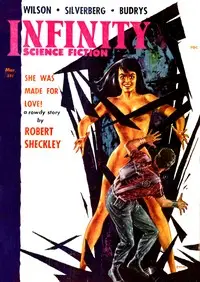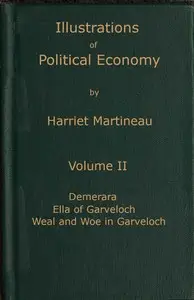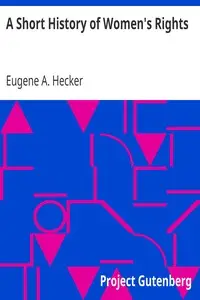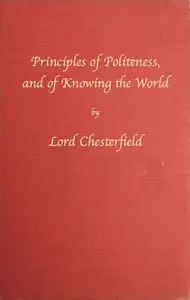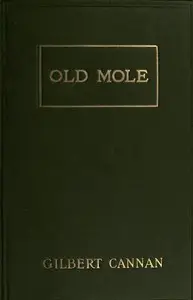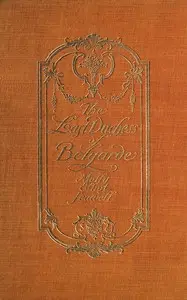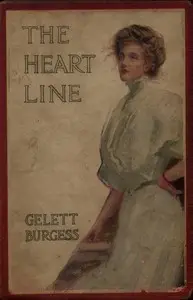"Rhoda Fleming — Volume 4" by George Meredith is a novel written in the late 19th century. It explores the complexities of human relationships and social dynamics, particularly focusing on the lives of its key characters, Robert and Dahlia. The narrative delves into themes of love, betrayal, and redemption as the characters navigate their interwoven existences against a backdrop of societal expectations. At the start of the fourth volume, the tension between characters is palpable. Robert and Major Waring engage in a conversation reflecting on social standings and alliances, particularly regarding the questionable association between the gentleman Algernon Blancove and the dubious Sedgett. Concurrently, the story introduces Dahlia, who grapples with her own troubled past and the burden of her choices. The opening draws readers into the emotional struggle of these characters, setting the stage for a deeper exploration of personal redemption and the pursuit of acceptance in a changing social landscape. (This is an automatically generated summary.)

Rhoda Fleming — Volume 4
By George Meredith
"Rhoda Fleming — Volume 4" by George Meredith is a novel written in the late 19th century. It explores the complexities of human relationships and soc...
George Meredith was an English novelist and poet of the Victorian era. At first, his focus was poetry, influenced by John Keats among others, but Meredith gradually established a reputation as a novelist. The Ordeal of Richard Feverel (1859) briefly scandalised Victorian literary circles. Of his later novels, the most enduring is The Egoist (1879), though in his lifetime his greatest success was Diana of the Crossways (1885). His novels were innovative in their attention to characters' psychology, and also portrayed social change. His style, in both poetry and prose, was noted for its syntactic complexity; Oscar Wilde likened it to "chaos illumined by brilliant flashes of lightning". Meredith was an encourager of other novelists, as well as an influence on them; among those to benefit were Robert Louis Stevenson and George Gissing. Meredith was nominated for the Nobel Prize in Literature seven times.


